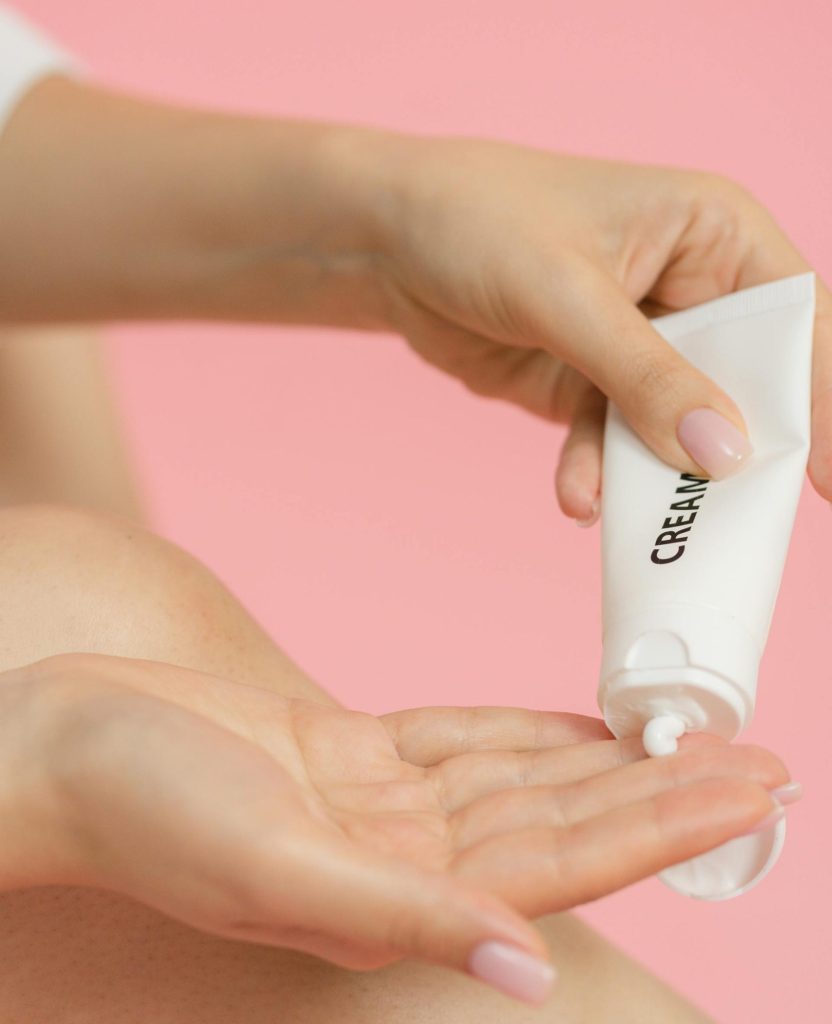This week, Royal Berkshire Fire and Rescue Service (RBFRS) is reminding people of the fire risks associated with the use of emollient creams.

Emollient creams are widely used products for treating skin conditions, such as eczema, psoriasis and ichthyosis. Emollient products are moisturisers which may contain paraffin or other products like shea butter, cocoa butter, beeswax, lanolin, nut oil or mineral oils, and they work by covering the skin with a protective barrier that locks moisture into the skin.
Emollients, whilst not directly flammable, significantly increase the flammability of fabrics. Therefore, the National Fire Chiefs Council (NFCC) has created the ‘Know the Fire Risk’ campaign to highlight the potential fire hazards.
Nicola Smith, Prevention Manager at RBFRS, says: “If you use emollient creams, there’s no need to worry. You just need to take a few extra steps to prevent a fire breaking out.
“Emollients themselves are not directly flammable. If you put a match to a sample of emollient skin product it would not ignite. However, emollients significantly increase the flammability of fabrics when absorbed into clothing, bedding, or bandages. Therefore, it’s important that fabrics with emollient residue are not exposed to a naked flames or heat sources.
“We strongly advise that you regularly wash fabrics that have come into contact with emollient creams. Washing your clothing and bedding at the highest recommended temperature will help reduce the risk.”
To help keep yourself safe whilst using emollient products, follow these steps:
- Avoid flames and heat. Emollient users should keep fabrics contaminated with emollient residue away from naked flames, cigarettes, and other heat sources.
- Take extra care when using candles. You must keep fabrics contaminated with emollients away from naked flames and be careful not to drop matches onto clothing or furnishings.
- Never smoke in bed.
- Do not smoke if there is any chance that your clothing, dressings or other fabrics could be contaminated with emollient residue.
- Do not cook with gas or electric hobs, if your clothing is contaminated with emollients.
- Don’t sit too close to any open fires, gas fires or halogen heaters.
- Regularly wash contaminated fabrics. Your clothing and bedding must be washed daily at the highest temperature recommended by the fabric care instructions. This should reduce some of the contamination but will not remove it completely. Washing fabrics does not completely remove the fire risk.
For more advice about staying safe with emollient creams, please visit our website.